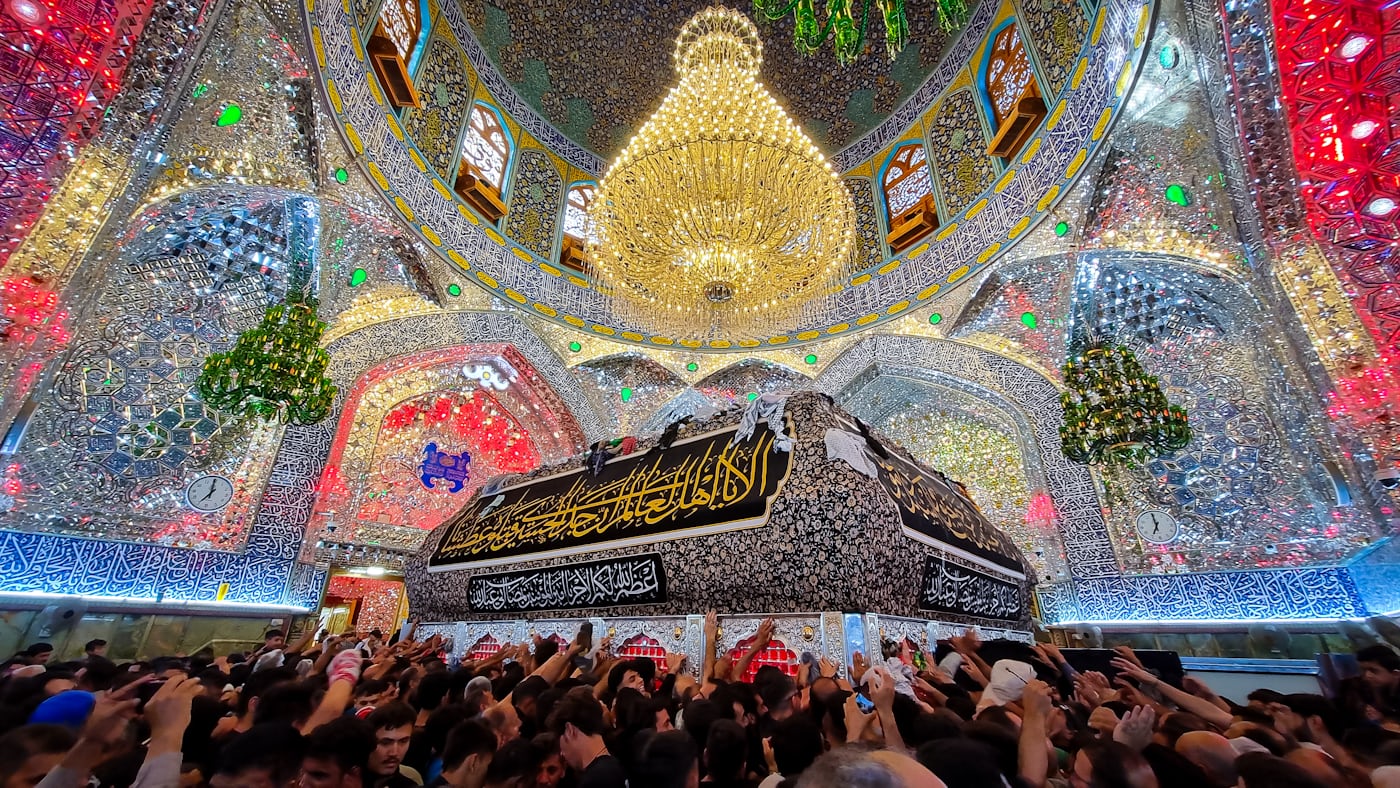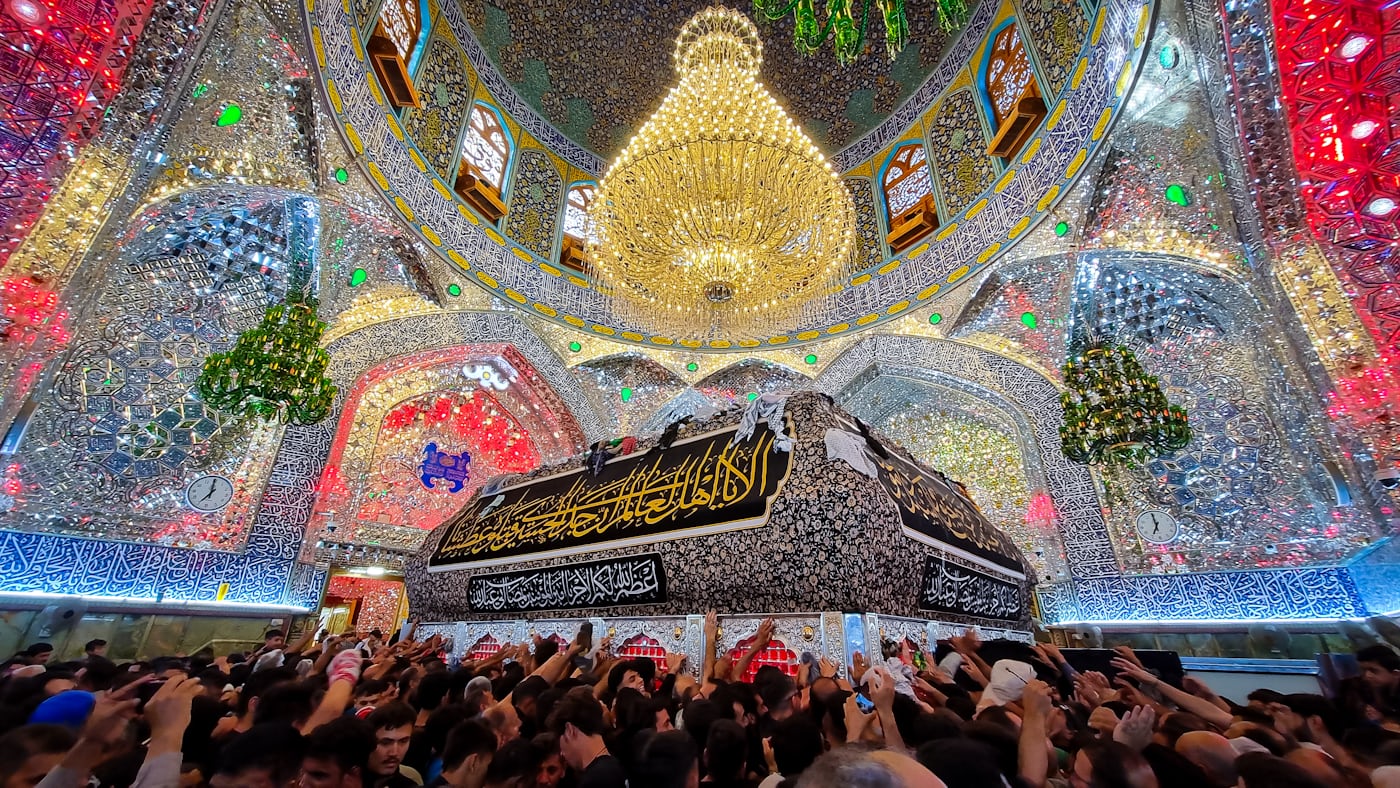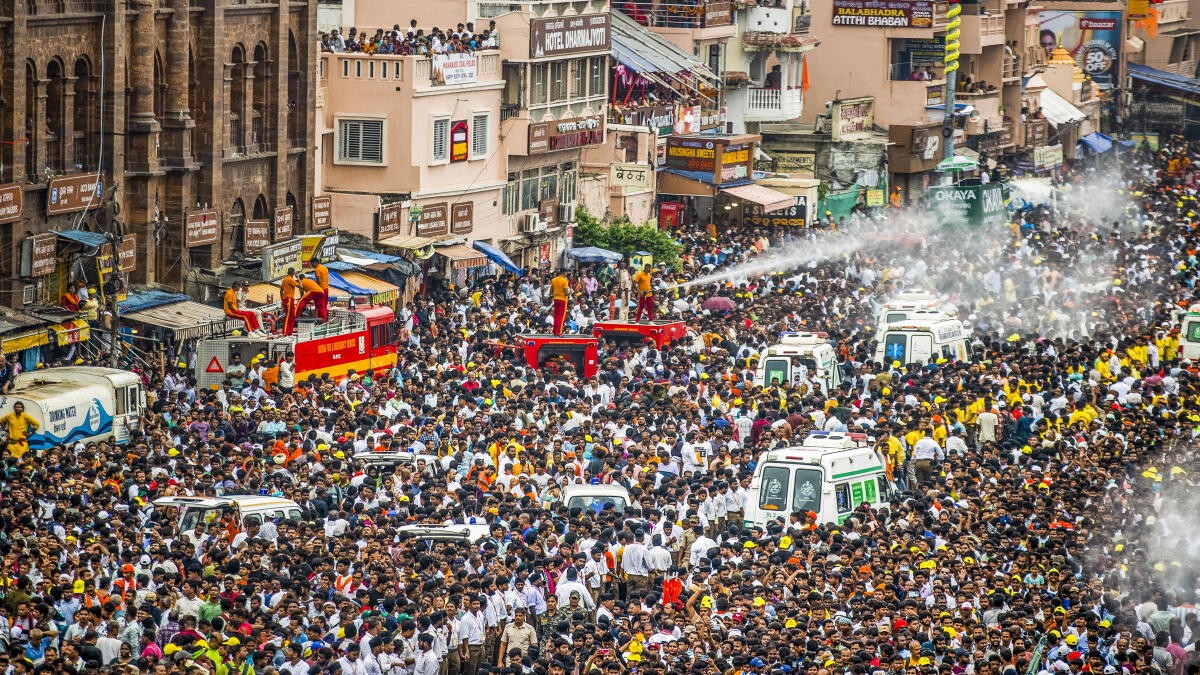Kar’bala’s Echoes: Legacy of Resistance and Unity

Muharram: Not a Festival, But a Flame of Remembrance
As the crescent moon ushers in Muharram, the first month of the Islamic lunar calendar, a timeless question resurfaces: Is Muharram a festival to be celebrated or a tragedy to be commemorated? The answer lies not in festivity but in fidelity—to a moment that shaped the moral conscience of the Islamic world. More than 1,300 years ago, on the scorched desert plains of Karbala, Imam Husain ibn Ali—the beloved grandson of Prophet Muhammad—refused to bow before tyranny. Along with 72 companions and family members, Husain laid down his life in defiance of the despotic caliph Yazid ibn Muawiya.
While for Shi’a Muslims, Muharram is an intense period of mourning, its resonance in the Indian subcontinent has evolved into something deeper: a cross-cultural tribute to moral courage, encompassing Sunni Muslims, Hindus, Sikhs, and others. It is not a celebration of victory, but a commemoration of values—of sacrifice, resistance, and dignity.
Kar’bala: The Stand That Shook Empires
The Battle of Kar’bala in 680 CE was not a mere confrontation—it was an ethical revolution. Yazid had seized the caliphate and demanded Imam Husain’s allegiance to legitimise his rule. Husain’s refusal was not a political manoeuvre; it was a principled act. He chose martyrdom over submission.
Encamped with a handful of companions—including women, children, and even a six-month-old infant, Ali Asghar—Husain was surrounded by an army of thousands. Denied water and sustenance, the group faced annihilation under the harsh desert sun. But in death, Husain delivered a message that still reverberates:
“Qatl-i Husain asl mein marg-i Yazid hai, Islam zinda hota hai bas Kar’bala ke baad.”
(The massacre of Husain is the death of Yazid; Islam is revived after Karbala.)
This resistance is often paralleled with the Quranic “zibh un azīm,” the supreme sacrifice associated with Prophet Abraham. In both cases, the lesson is clear: it is better to die for the truth than to live under falsehood.
Muharram’s Meaning: Sacred Time, Shared Humanity
The first ten days of Muharram, known as Ashra, are among the most sanctified in Islam. The word “Muharram” itself means “sacred” and “forbidden”—a time when bloodshed is proscribed. Yet, paradoxically, it is remembered for the blood that was courageously spilt to uphold divine values.
For Shi’a Muslims, Muharram is a time of grief expressed through majlis (commemorative gatherings), marsiyas (elegiac poetry), and tazias (replicas of Husain’s shrine) paraded in processions. The chest-beating ritual of matam is not just an expression of pain—it is a symbolic sharing in Husain’s suffering.
Yet, the message of Muharram transcends sect. Many Sunni Muslims observe Ashura with fasting and reflection, commemorating other divine milestones such as Moses’ deliverance. Among non-Muslims in the subcontinent, Karbala is seen as a universal parable of resistance—akin to the Mahabharata’s moral battles, where Krishna counsels Arjuna to fight injustice regardless of outcome.
Imam Husain’s Strategy: A Moral Blueprint
Imam Husain’s defiance was deliberate, not impulsive. Islamic scholars, including Syed Jafar Raza Bilgrami, emphasise the depth of Husain’s vision—a strategy rooted in ethics, reason (‘aql), and justice. His martyrdom was orchestrated to awaken the collective conscience.
Three critical choices shaped Karbala:
1. Location: Husain left Mecca to avoid bloodshed in the holy city. Karbala was chosen to expose Yazid’s cruelty on a public stage.
2. Companions: His camp was diverse—young and old, Arab and non-Arab, even a Christian couple—signifying the universal nature of his cause.
3. Narrative Bearers: He brought his family, especially his sister Zainab, who carried the message forward. Her speeches in Yazid’s court turned mourning into resistance.
Western thinkers have long admired Husain. Charles Dickens noted that Husain’s inclusion of his family showed his cause was not for worldly gain. Thomas Carlyle saw in Karbala the power of moral conviction over military strength. Historian Edward Gibbon wrote that the tragedy “evokes sympathy in the coldest reader,” and Iqbal considered Husain the bedrock of Islamic monotheism.
Muharram in India: A Tapestry of Syncretic Memory
Nowhere has the spirit of Karbala been embraced more fully outside the Islamic world than in the Indian subcontinent. Trade routes and early cultural exchanges connected Arabia and India even before Karbala. Oral traditions claim Imam Husain once expressed a desire to seek refuge in Hindustan—perhaps foreseeing a sanctuary for his values.
Post-Kar’bala, Indian communities like the Zutts (possibly Jats) and certain Brahmins are believed to have resisted Yazid’s forces. From this resistance emerged the Hussaini Brahmins—a group that today still participates in Muharram rituals, claiming ancestry from those who died for Husain. In cities like Delhi, Pune, and Lucknow, they carry tazias, beat their chests, and recite lamentations alongside Muslims.
As a popular saying goes:
“Wah Datt Sultan, Hindu ka dharm, Musalman ka iman, adha Hindu adha Musalman.”
(Hail Datt Sultan—Hindu by dharma, Muslim by belief, half Hindu, half Muslim.)
Muharram in India is both solemn and celebratory. Tazias often resemble the chariots of Ratha Yatra. Marsiyas draw from local poetic idioms. Hindu and Sikh rulers—including Maratha royals—have historically funded and participated in Muharram events. Even tribal groups like the Gonds revere Husain, reflecting an Indian spiritual idiom that sees no contradiction in mourning a Muslim martyr with Hindu reverence.
Kar’bala’s Relevance Today: Resistance, Not Ritual
In a time when faith is often co-opted to divide, the shared memory of Karbala offers a counter-narrative. Across India, Muharram continues to unite Hindus, Muslims, and others in the cause of justice. The Hussaini Brahmins, with their swordless processions, exemplify non-violent resistance rooted in faith.
Globally, Imam Husain’s martyrdom has inspired political uprisings—from the Iranian Revolution of 1979 to movements in Lebanon. But Kar’bala is more than revolutionary—it is a spiritual touchstone. In India, where inequality, authoritarianism, and communal tension persist, Muharram reminds us that speaking truth to power is a moral imperative.
Is Muharram a moment of mourning or of triumph? For Shi’a Muslims, it is an annual elegy of loss, marked by rituals of grief. For others, including some Sunnis and many non-Muslims, it is the remembrance of a moral victory. In India, these meanings harmonise. Mourning Husain and celebrating his values are not contradictions—they are complements.
A Prayer from Kar’bala to the World
Muharram is not simply about what happened in 680 CE—it is about what we choose to stand for today. It teaches that resistance to injustice must be rooted in principle, not power. It invites us to choose courage over convenience, ethics over expedience.
In the words of the poet :
“Falak pe chand Muharram ka dekh kar Wamiq,
Khushi ye hai ki shaheedon ke gham mein royengey”
(Seeing the moon of Muharram in the sky, Wamiq,
The happiness is that we will cry for the martyrs!)
(Mr. Hasnain Naqvi is a former member of the history faculty at St. Xavier’s College, Mumbai. He writes on religion, memory, and pluralism in South Asia.)

 11 hours ago
11 hours ago





[[comment.comment_text]]